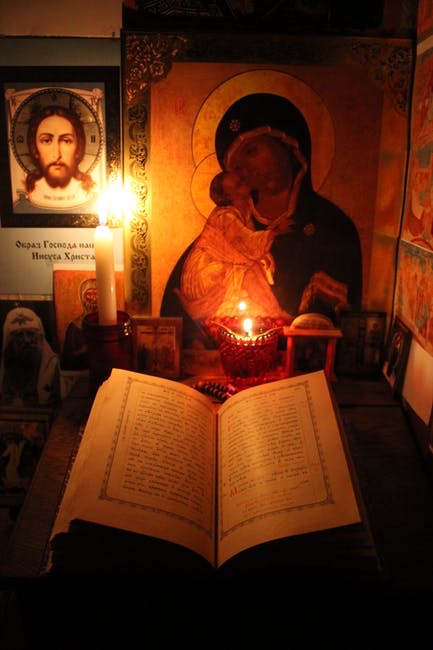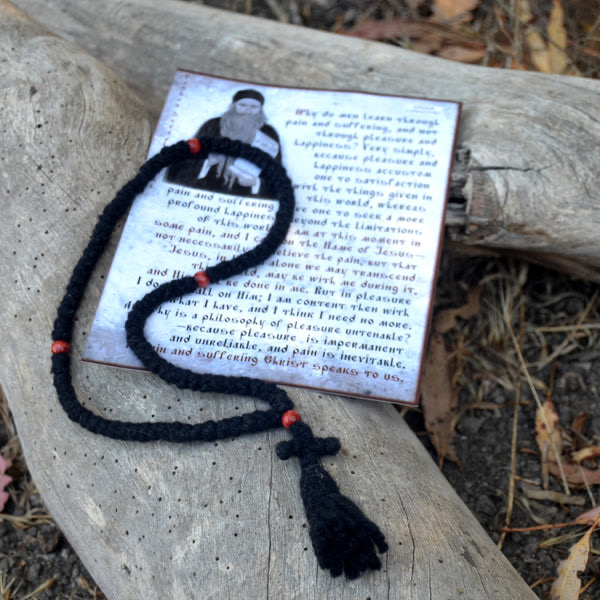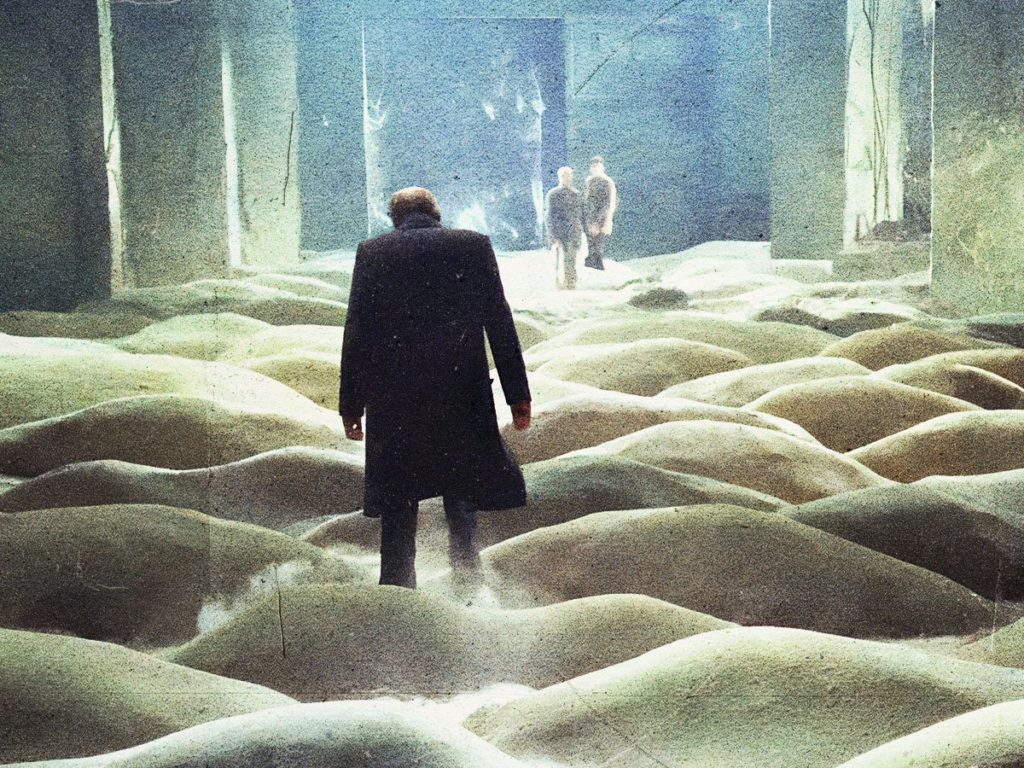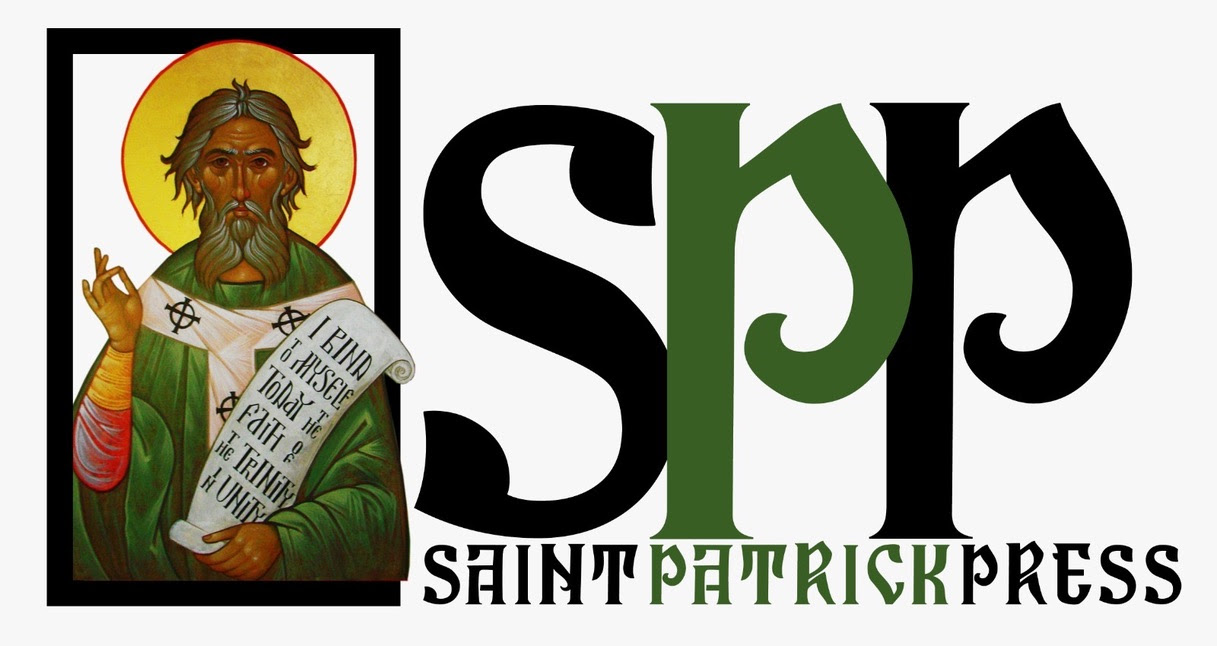Want to transform the world? There is a simple Way …
Behold, You desire truth in the inward parts, And in the hidden part You will make me to know wisdom. Purge me with hyssop, and I shall be clean; Wash me, and I shall be whiter than snow. Make me hear joy and gladness, That the bones You have broken may rejoice.
Psalm 51:6-14

Transforming the World: The Requisite Variety Principle
About 20 years ago I fell in with some consultants. We worked with one of the most high profile think tanks in the world. Our work was all about complexity—helping to create complex systems to overwhelm and foster the emergence of other complex systems.
We were obsessed with complexity and systems theory. We advocated and practiced an orientation to the world that attempted to take complex problems and apply more complexity to them to overwhelm them, to breakdown them down into simple parts.

We followed the Requisite Variety Principle: that the variety of a problem can only be attenuated by bringing greater variety to its solution. We loved this stuff. We would sit for hours with other consultants and heads of state and CEOs and movie actors and writers and talk about complexity. And people loved it. People even just loved repeating the world, some in thick European accents that I can’t seem to rid from my mind! “Com-plex-ity …” Forget simplicity! What’s that anyway?
One year, days before I attended this conference in Switzerland, I read a quote by Jean Vanier that really impacted me. We were going to take part in transforming the world by working with world leaders who’ve taken up the mandate to do so. (Whether anyone asked them to do it is besides the point.) But this quote by Jean Vanier really got me thinking—back then when I was an atheist and a leftist: that the key is not to focus on transforming the world at all, but rather looking at the state of my own heart. As one saint put it—and again I can’t remember his name—“I’m going to transform the world … by focusing on transforming myself.” How simple! I thought. Too simple. What would it do to all the complexity and systems talk?
The Simple Way to Transform the World
Well, about two decades later, I find I’m changing: I’m desiring simplicity. There’s something about the Way of Orthodoxy that can over time slim down one’s focus and state of attention. Seen eucharistically, life becomes more one-pointed. Here’s what I mean …

One day I was in confession, going over the same list of passions as the week before … And my father of confession was doing his routine thing that he does so well—he sits in silence and listens, and then empathizes, and then gives me something to think about before praying the prayer of absolution.
After the prayer of absolution, I asked him a question that is probably pretty typical:
“So this is it eh?”
“What?”
“Well, I come to confession every week and list out my same passions, you listen, offer some points of reflection before praying the prayer of absolution …”
“Yes.”
“And I go on my way, and attend Divine Liturgy, struggle to say my morning prayers, go through the Wednesday and Friday fasts, and repeat the same cycle …”
“Exactly.”
“That’s really simple, isn’t it?”
“It is and it isn’t, but yes—it’s very simple.”
“And little by little I heal a little more and a little more …”
“Yes pretty much—you’ll take a couple of steps back from time to time, but that becomes the focus of the spiritual life, those simple things …”
“I like it.”
“So do I.”
Fr Seraphim Rose and the Jesus Prayer

The whole simplicity thing really struck me when I recently watched an interview with Fr Paul Baba about his many times spent with Fr Seraphim Rose (link). One thing that really struck me was how often Fr Paul mentioned that Fr Seraphim prayed the Jesus Prayer. He said that Fr Seraphim would have a quick meal, then off he would go because he needed to return to his hut to pray the Jesus Prayer—so simple. And those prayers, and the life he lived of simple abandonment to God, and the many liturgies he prayed, and the simplicity of his cassock and the board he slept on, and the little typewriter and candle lit icons—that simplicity brought him into the presence of God out of which he not only wrote wonderful books, and spoke searingly on the most controversial issues of his time, but he became the work of Art God had intended him to become.
I think about that when I want to get all complicated about everything. When I stare at the prayer rope I passively wear around my wrist, I’ve been thinking lately about Fr Seraphim and his unflagging desire to get back to his hut to pray the Jesus Prayer. So simple.
Back to creating art …

“Art addresses everybody, in the hope of making an impression, above all of being felt, of being the cause of an emotional trauma and being accepted, of winning people not by incontrovertible rational argument but through the spiritual energy with which the artist has charged his work. And the preparatory discipline it demands is not a scientific education but a particular spiritual lesson.
“Art is [thus] born and takes hold wherever there is a timeless and insatiable longing for the spiritual, for the ideal: that longing which draws people to art. Modern art has taken a wrong turn in abandoning the search for the meaning of existence in order to affirm the value of the individual for its own sake”(Tarkovsky, 38).
Simplicity.
How to Truly Transform the World
St Silouan …
“Man discovers his real self at the deepest roots of his nature when mind and heart, turned towards Christ, are joined—not by his own efforts but by the action of God—in mystic union.”
I will transform the world one person at a time … beginning with myself.

This is greater than any creation of art …
St Silouan again …
“When the soul in the Holy Spirit comes to know the Lord, she never ceases to marvel at God’s mercy, at His majesty and power, and the Lord himself, of His grace, gently, like a mother with her beloved child, trains the soul to have good and humble thoughts, giving her to feel His presence and nearness, and the soul in humility contemplates the Lord and has no other thoughts”(153).
Spend time in the Jesus Prayer, go to confession, take the Holy Eucharist often, struggle through fast days and morning prayers, for …
“Everything in this life passes away—only God remains, only He is worth struggling towards” (Fr Seraphim Rose).
The simple Way.
This is a rendition of a chapter from the book Creativity and Becoming. Check it out at Amazon (link)

4 Responses
i CANNOT BEGIN TO DESCRIBE HOW BEAUTIFUL THIS IS. (IN THE TRUEST SENSE OF THE WORD)
i know ill come back to this soon. i just hope im brave enough to remove this stockholm syndrome i got going on with the complexity and chaos of this world and just embrace the simple life.
Thanks for your comments Naum! The Stockholm Syndrome you reference is very real–just read the Psychology of Totalitarianism, or a book by Paul Virilio entitled The Administration of Fear. But we can be healed. It’s not a type of collectivism that is the answer, but an interior healing that comes through a loving union with Christ. The more we are healed, the more of God’s light we spread. The more light we spread, the more we touch others, and so on. What’s that one line … “Be at peace and a thousand of others will be at peace.”
Acquire a spirit of peace and thousands around you will be saved. usually attributed to seraphim of sarov
i want to be bold and ask if you wouldn’t mind, i would love to discuss with you over a zoom call or some medium. would you be open to that?